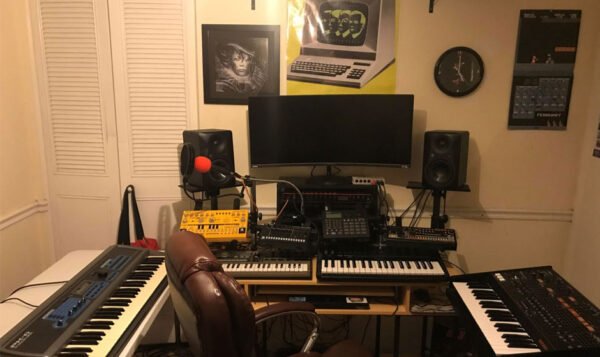The Negative Effects of Video Games on Children

Several studies have linked playing video games to improved cognitive performance among kids. However, the detrimental effects of these games on overall health and well-being far outweigh their benefits. The latest research shows that kids who develop gaming addictions are more likely to get depression, anxiety, aggression, attention problems, and a host of other unpleasant health issues.
In this article, we’ll discuss the negative effects of gaming and how to deal with them.
Risks Associated With Video Games
There are many negative effects that gaming poses among children. These include:
- Poor sleep hygiene. If left unchecked, extended periods of gaming could trigger insomnia and restlessness among teenagers.
- Lack of physical activity. Children who spend hours playing video games often disregard exercising their bodies, which could be a recipe for lifestyle diseases later in life.
- Reduction of melatonin (the sleep hormone). Since most gamers pull an all-nighter, their circadian rhythms are usually thrown out of balance and this reduces the production of melatonin dramatically.
- The risk of developing an addiction. Gaming addiction is a common phenomenon today and it has been found to cause mental health issues among
- Promotes violent behaviors. Children who are exposed to violent games could end up becoming rebellious adults.
- Exposes kids to online predators posing as players. If my son plays video games all day and night, I’d never know who he interacts with on the gaming platforms.
- Objectionable content could end up in games. Sometimes, game developers create sexualized characters and graphic scenes that are inappropriate for kids.
How to Deal With the Negative Effects of Video Games
There are several steps you can take to help your kids avoid the dangers posed by video games. These include:
1. Take Care of Them Using Eyezy
Eyezy can help parents to protect their kids from the harsh realities of video games and digital apps. Once installed on the target device, you can secretly see someone else’s imessages on your phone or social media chats, gaming convos, and more. This way, you get to know who they’re conversing with and what they talk about.
In addition, Eyezy comes with an application-blocking feature that allows parents to remotely block inappropriate gaming apps on their kids’ devices.
2. Limit Their Gaming Time
Children should be allowed to play video games for a maximum of two hours per day and only on weekends. As their caregiver, it’s important to set strict ground rules concerning their game time.
3. Monitor Them While They Play
Ensure you watch your kids as they play their favorite games. You should frequently warn them against imitating any bad gestures or habits that might exist in those games.
4. Help Them Choose Educational, Age-Appropriate Games
Taking an active role in your child’s game selection can help shape them into responsible adults. Ensure that the games they choose are instructive and suitable for young kids.
5. Don’t Place Gaming Devices in the Kids’ Rooms
The temptation of gaming at night will certainly be higher if your little ones can access their gaming devices past bedtime. Make sure you keep these gadgets under lock and key before retiring to bed.
6. Talk to Them About the Dangers of Excessive Gaming
Have candid conversations with your kids and let them understand that video games are not a reflection of real life. More importantly, train them about the benefits of proper time management.
Does Video Gaming Equate to Academic Failure?
Playing video games can either have a positive or negative impact on your child’s learning and academic performance. It all depends on their level of engagement ─ after all, too much of anything is poisonous.
Kids who indulge in moderate gaming and balance their time wisely can reap tremendous cognitive boons from playing video games. Their communication with other online gamers should be live to help their parents monitor every interaction.
As in everything else in life, striking a balance between screen time and social life is key.
Conclusion
The shocking correlation between video games and school performance should be an eye-opener for all parents. Limiting your children’s gaming time and tracking them with a dependable monitoring app such as Eyezy can help you deal with the dangers of video games more effectively.



